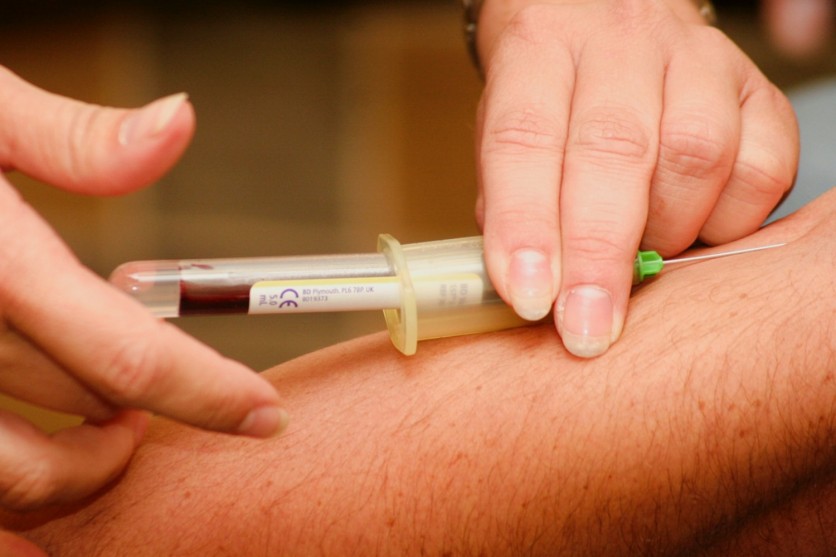A clinical trial is underway now, and it centers on lab-grown blood that is injected into two people in the United Kingdom, with its research looking into how it would be accepted by the body and its long-term effects. This is the world's first blood transfusion using lab-grown cells, something that may help in answering certain diseases and those with rare blood types.
People with blood disorders, especially those with sickle cell disease, have a massive need for blood transfusion, and blood drive donations are not just cutting it for the national or global supply.
Lab-Grown Blood Injected into Two Patients in the UK

According to the National Health Service of the United Kingdom, research is now in its clinical trials and looking into the future of blood transfusion with lab-grown blood for patients to use.
Its trials consisted of the "RESTORE" program and administered these lab-grown blood to two patients in the country, receiving the blood developed from its research.
The RESTORE trial aims to look into its effectiveness and use for multiple needs in the medical industry, especially in its safe and effective use among the public.
Now, researchers are trying to determine if the patients under the trials will accumulate lab-grown blood, especially as it could be a massive help in the field.
The Future of Blood Transfusion and Needs?
Should the trials of NHS' Blood and Transplant department be successful, it would help the future of blood transfusion in the world, especially with the safe and effective administration to patients. One of its applications would be for those afflicted with sickle disease, a disorder that affects the shape and ability to carry oxygen throughout the body.
Blood Cells and Shortage in the World
The basic unit of life is cells, and these make up the entire body from the smallest of elements that make up organs or certain functions, to neurons that control thinking or cognitive actions. For several years now, researchers are looking into developing cell-based treatments that would help improve one's overall wellness.
It differs from one to another, as the body is made up of complex cell combinations or processes, applicable to all aspects of one's health.
During the time of the COVID pandemic, cell studies are of massive importance, especially with experts looking into antibodies and cell mutation from the coronavirus and vaccines present.
Additionally, in the United States, health organizations and agencies asked for massive blood donations from the public, as there are massive shortages during this time, also have the fear of contracting the virus.
The answer to the blood supply shortage for medicinal needs is massive, and researchers from the United Kingdom are looking to create these from laboratories, something which they cultured and developed. It hopes to answer the shortage in the world, providing the medicinal technology for its future applications in blood transfusions, and also helping those with blood disorders live to fight another day.
This article is owned by TechTimes
Written by Isaiah Richard
ⓒ 2026 TECHTIMES.com All rights reserved. Do not reproduce without permission.




